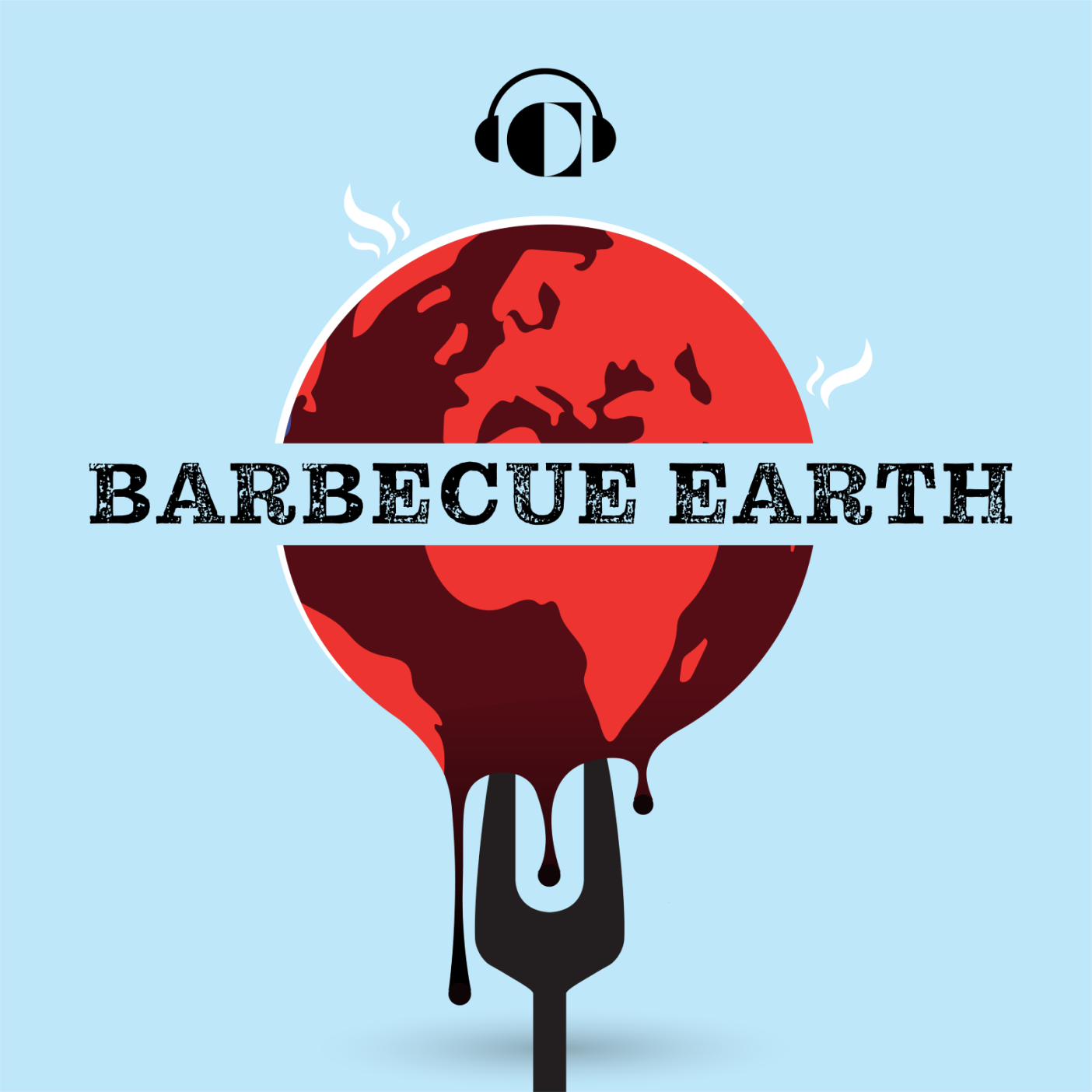podcasts


Barbecue Earth is a six-part narrative podcast about meat. But it’s not about the best way to grill a delicious steak. It’s about meat as a commodity, a powerful industry, and a major reason why our planet is overheating. Join Heewon Park and Noah Gordon of the Carnegie Endowment for International Peace on a world tour of meat’s global impacts. We’ll look at a farmer’s revolt in the Netherlands, cattle laundering in Brazil, lab-grown meat in California, the United Nations’ reluctance to talk about what meat production does to the planet, and much more.

Food Security Reimagined
For the world to meet its climate goals, it needs to undergo a partial shift away from traditional meat toward alternative proteins. But who would be the winners and losers of a global protein transition? In Episode 6, we investigate what this transition might look like and what it could mean for national security and geopolitics.

Consider the Lobster
The lobster’s transformation from disdained prison food to fine-dining delicacy reveals important lessons about how culture shapes our palate. In Episode 5, we look to the future of alternative proteins—from bean burgers to lab-grown nuggets—and ask what it would look like to live in a world less centered on traditional meat production.
The soybean is more than just a humble legume—it’s a major geopolitical player that feeds the international meat market, shapes trade wars, and transforms economies. In Episode 4, we tell the story of how the soybeans have shaped the geopolitical behavior of what some call “the Meat Triangle”: the United States, Brazil, and China.
How to Launder a Cow
You’ve probably heard of money laundering. But while some launder dirty cash, others launder cows. Episode 3 tells the story of one Brazilian company’s entanglement with the smuggling and selling of illegal cattle throughout the Amazon—and explores how big meat companies around the world use their power to undermine climate goals.
Hog Country
With its lax child labor laws and lack of environmental restrictions, the American farming industry operates in a uniquely under-regulated environment. Why? Episode 1 explores the history of agricultural exceptionalism and how it impacts North Carolina residents living close to factory farms.